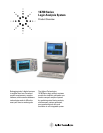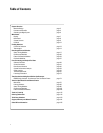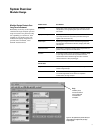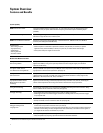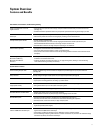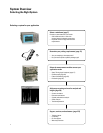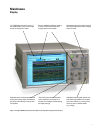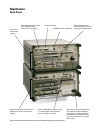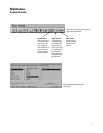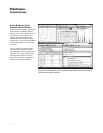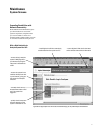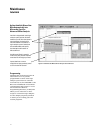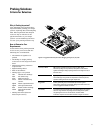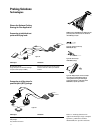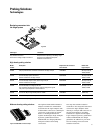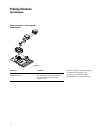
3
Modular Design Protects Your
Long-Term Investment
Modularity is the key to the Agilent
16700 Series logic analysis systems'
long term value. You purchase only
the capability you need now, then
expand as your needs evolve. All
modules are tightly integrated to
provide time-correlated, cross
domain measurements.
Module Choices User Benefits
State/Timing Agilent offers a wide variety of state/timing modules for a range
of applications, from high-speed glitch capture to multi-channel
bus analysis.
High-Speed Timing Precisely characterize setup/hold times over a wide channel
count. Capture data over many clock cycles while retaining the
highest multi-channel accuracy.
Oscilloscopes Identify signal integrity issues and characterize signals quickly
with automatic measurements of rise time, voltage, pulse width,
and frequency.
Pattern Generation Use stimulus to substitute for missing system components or to
provide a stimulus-response test environment.
Emulation An emulation module connects to the debug port (BDM or JTAG)
on your target. You have full access to processor execution
control features of the module through the built-in emulation
control interface or a third-party debugger.
External Ports
Target Control Port Use the target control port to force a reset of your target or
activate a target interrupt.
Port-in/Port-out A BNC connector allows you to trigger or arm external devices
or to receive signals that can be used to arm acquisition
modules within your logic analyzer.
System Overview
Modular Design
Figure 1.1. The system boot up screen shows you
what modules are configured into your logic
analysis system.
Help
enables you to
access the online
user’s guide and
measurement
examples.



